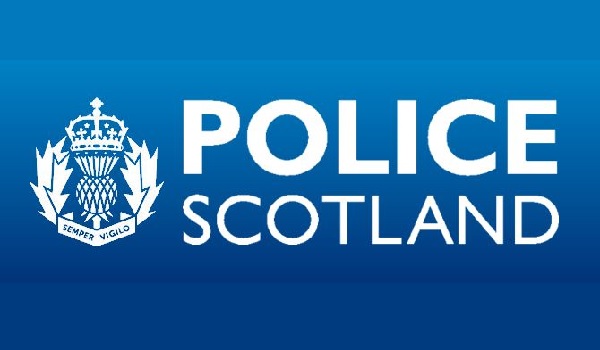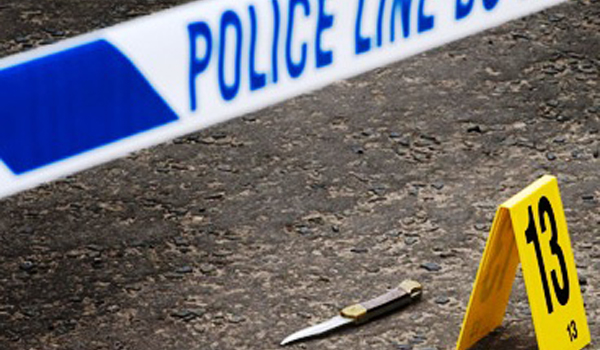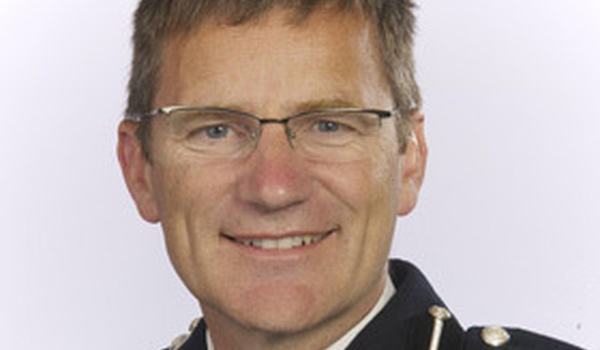Police could gain new powers to tackle unlawful use of drones
New powers could be handed to police to tackle the unlawful use of drones, MPs have heard.
Transport minister Robert Courts said that a change in the law would help address “operational gaps” to ensure offenders who use unmanned aircraft for unlawful purposes are dealt with more effectively.
Drone sightings have previously caused major disruption at both Gatwick and Heathrow airports, with flights being suspended or having to be diverted.
It led to the airports having to invest millions of pounds in equipment to prevent future disruption to their services.
Speaking in the Commons, Mr Courts said proposed legislation will also aim to “future-proof” the aviation sector by creating “simpler, more efficient routes”, reduce congestion and to assist the sector in meeting its climate change targets.
Opening the second reading debate of the Air Traffic Management and Unmanned Aircraft Bill (Lords), he said: “The Government is committed to harnessing the positive impacts of unmanned aircraft and supporting this growing industry, but this must be done in a way that protects the safety and security of people, other aircraft and sensitive sites.”
Mr Courts continued: “The careless, inconsiderate and malicious use of drones and other unmanned aircraft continues to pose a safety risk to others. The provisions in part three of the Bill therefore provide new and additional police powers to tackle the unlawful use of unmanned aircraft.
“The police will be able to issue a fixed penalty notice for less serious offending, for example where a person had flown too close to uninvolved people, but not caused or intended to cause any harm. They will also be given the necessary powers to require an unmanned aircraft to be grounded, to stop and search and to enter and search premises under warrant for certain offences relating to unmanned aircraft.”
He added: “We are providing for the use of counter unmanned aircraft technology that interferes with property or wireless telegraphy for the purposes of detecting and preventing certain offences involving an unmanned aircraft and we’re adding the Civil Nuclear Constabulary (CNC) and senior management for prisons to the list of those who can authorise the use of this technology allowing them better to protect sites such as nuclear sites and prisons.”
Mr Courts told MPs that the legislation would bring in measures to support the modernisation of the UK’s airspace, as well as updating the air traffic licensing framework to bring it in line with best practice.
It is also designed to provide alleviation from the requirement to use slots at coordinated airports 80 per cent of the time, for them to be retained in the following scheduling period, and to provide greater enforcement powers to help the police tackle unlawful use of unmanned aircraft.
Conservative MP Philip Dunne (Ludlow) said that more efficient flight paths could aid the UK’s aim of being net-zero by 2050
He told the Commons: “Aviation plays a vital part in our economy, but it is crucial that we find a way to reduce its environmental impact.
“So whilst this is not the primary purpose of the Bill, in my view, it is a necessary and fundamental ancillary benefit.”
Labour MP John McDonnell (Hayes and Harlington) said the Government should be bringing forward a “comprehensive strategy” for the flight industry.
He said: “The Government should be bringing forward a comprehensive strategy that of course provides the support and direction to the industry to see it through the tough period it faces over the next 12 months, but also a strategy for the long term, setting out the clear objective of creating an environmentally sustainable aviation sector.”







